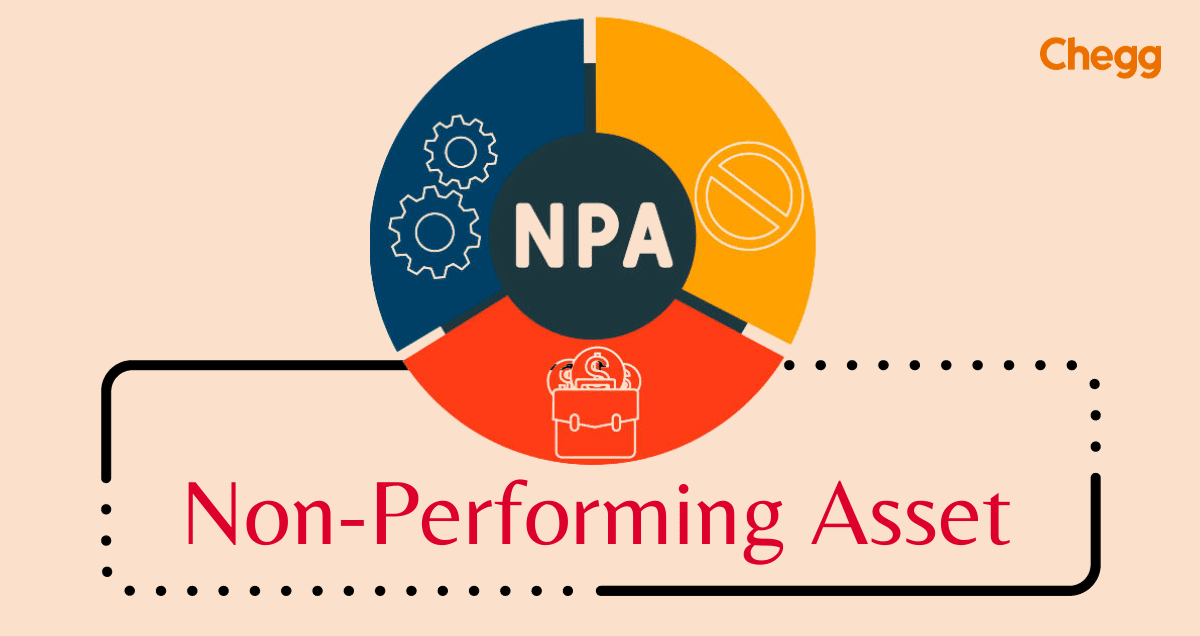The idea of having no money or running out of it in retirement is a major cause of keeping a plethora of people wide awake at night. According to a study by the AICPA, it’s recognized as the No. 1 concern among clients of CPA financial planners.
Over half of CPA clients have stated that their biggest retirement concern is outliving their savings. For others, it stood among the top three concerns. The other top two concerns included the cost associated with health care and figuring out the amount of money to take out from retirement accounts and other assets.
Fortunately, there are tried and tested ways through which you can deal with that fear now, such as boosting up your savings, managing expenses, etc. Without any further delay, here are the six steps that you can follow to generate a sustainable action plan.
1. Begin Saving Now
Suppose you’re in your late 20s and haven’t made any preparation for your retirement plan. Well, the Chinese would say, “the best time to plant a tree was 20 years ago, and the second-best time is today”.
Do you think it would be better to have an extra compound interest for 10 years? Absolutely yes. Will distressing over your lame start serve you anything good? Of course not. Set your mind straight to create feasible goals and then get going on them.
2. Try Saving At Least 15% of the Earnings

This might be difficult if you’re paying off student loans, especially on a beginning salary. But a practical budget can also be created that includes an automatic saving procedure of even a small amount of every paycheck into a 401(k) or IRA.
You can start with 2% – 3% and carry on with for 3-4 months. Gradually increase your quarterly savings by two percent, if possible, until you reach the 15% mark.
3. Take benefit of any 401(k) match
In case your employer is ready to kick in even a couple of thousand bucks, save enough to be eligible for the maximum amount of matching funds. You may want to start your own IRA somewhere else, but make sure to max out the 401(k) match first. It’s plain foolishness to leave money on the table.
4. Predict your retirement lifestyle
Let that imagination flow like a stream. Ask yourself about your ideal retirement, whether that’s a golf-course-and-cruise-ship-travel lifestyle or a chance to be a part of something more meaningful like joining a non-profit organization and helping people. Recognizing what you value the most can assist you in identifying the most vital bare-minimum aspects of retirement. For example, the traveling geeks would want to save more as compared to the homebodies. Those who own their homes by now can concentrate more on the taxes instead of mortgage payments.
5. Live Deliberately
When buying something, consider these questions:
- Does this help me achieve my goals?
- Does it offer the best value for my money?
This doesn’t mean to forget fun; it basically means that you need to spend money with a purpose. Control your spending so that your income remains higher than your lifestyle. The cash you avoid spending on buying latest technology upgrades or weekend shopping trips is the money you can push into your retirement plan.
6. Don’t Opt for Social Security Prematurely

You’ll use your savings, the longer you live. Choosing Social Security in your 60s is a decent way to avoid getting to the brink of bankruptcy later. Your check will continue to increase by 7% to 8% for every year you wait.
The check size does matter. In accordance with the Social Security Administration, more than half of the married and single retirees get half or more of their income from Social Security. Whereas, for 47% of singles and 22% of married couples, Social Security makes up 90% or more of their income.
Even though Social Security can offer some monthly income, but it’s best to avoid its dependency to completely support you in your retirement.
Taking charge
The fear of living longer than your money is understandable, but don’t let anxiety take over and keep you from taking the vital action. Saving even a small amount of money, and searching for ways to gradually increase your nest egg can prove to be helpful in tackling your fears and getting you on the correct financial track.


Leave A Comment